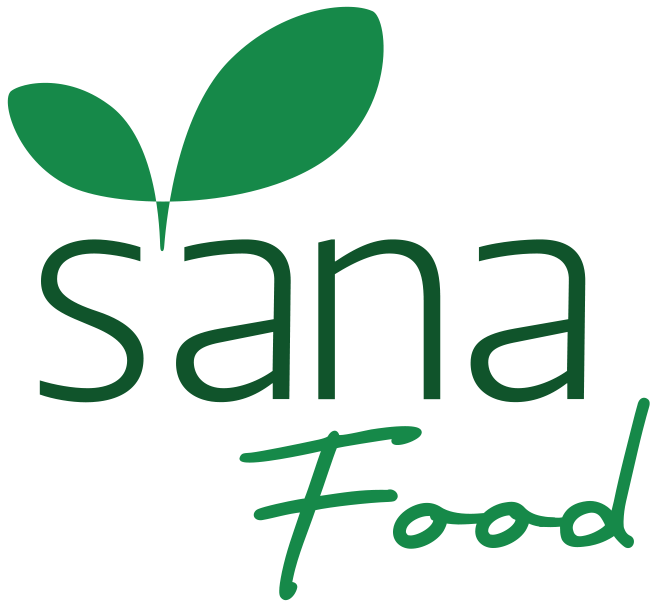"FACE TO FACE WITH": MANARESI AZIENDE AGRICOLE
December 2024

Manaresi Aziende Agricole, is a family business, founded in the 1960s by Eldo Manaresi, a former Italian athletics champion. In the 2000s, working with other local farmers, Eldo played a crucial role in the creation of a tomato factory. Today, the farm, based in Longastrino (FE) covers 600 hectares of land, dedicated to the cultivation of cereals, pulses, tomatoes and wine grapes.
Organic, vegan or vegetarian, plant-based, functional, free from or rich in: in which of these in which of these product areas is your company and why did you choose to invest in that segment?
Our company, Manaresi Aziende Agricole, mainly identifies itself in the organic segment, a choice that reflects our strong commitment to environmental sustainability. As farmers and processors, we decided to invest in this area in order to offer high quality products, cultivated using natural methods. High quality products, cultivated with natural methods that respect both the earth and consumers. It is important to emphasise that while not all of our production is certified organic most of it is. This choice represents our vision of responsible and innovative agriculture, future-oriented but innovative, future-oriented agriculture, but always with an eye on quality and healthy of the environment.
Through which good practices - also in the way products are delivered and in the choice of distribution channels (e.g. Horeca) - can your company call itself sustainable?
We can call ourselves sustainable for several reasons. First of all, we have chosen to adopt method in our cultivation, avoiding the use of synthetic pesticides and fertilisers. This approach is in itself an important contribution to environmental sustainability. Furthermore, we have decided to focus on the circular economy, building a biodigester that utilises tomato processing waste (such as peels and seeds, derived from the production of puree and organic pulp) and other biomass from our farm. We therefore do not limit ourselves only to tomato peels, but also integrate other other raw materials to feed the biodigester, optimising available resources as much as possible.
The biogas produced is transformed into methane and then converted into electricity, which is fed into the electricity, which is fed into the grid. Finally, the residues of the anaerobic digestion process (the so-called digestates, both liquid and solid) are reintroduced into the production cycle as natural fertilisers for our crops. Thanks to this integrated and virtuous system, nothing is wasted: each resource finds a new function within the company, guaranteeing a sustainable and innovative model of circular economy.
Has the growing consumer demand for healthy/healthy food prompted you to provide more innovative solutions?
Yes, the growing demand for healthy food prompted us to go down the path of organic cultivation more than 20 years ago. Organic farming more than 20 years ago, anticipating consumer needs and focusing on sustainable, quality sustainable and quality solutions.
How do your solutions contribute to improving the customer experience outside the home?
Our solutions improve the out-of-home customer experience through fresh, high-quality products made possible by advanced technologies and a constant commitment to innovation. We promote transparency on product origin and sustainability by reducing waste and providing clear and accessible information via labels or QR codes
ALL NEWS
